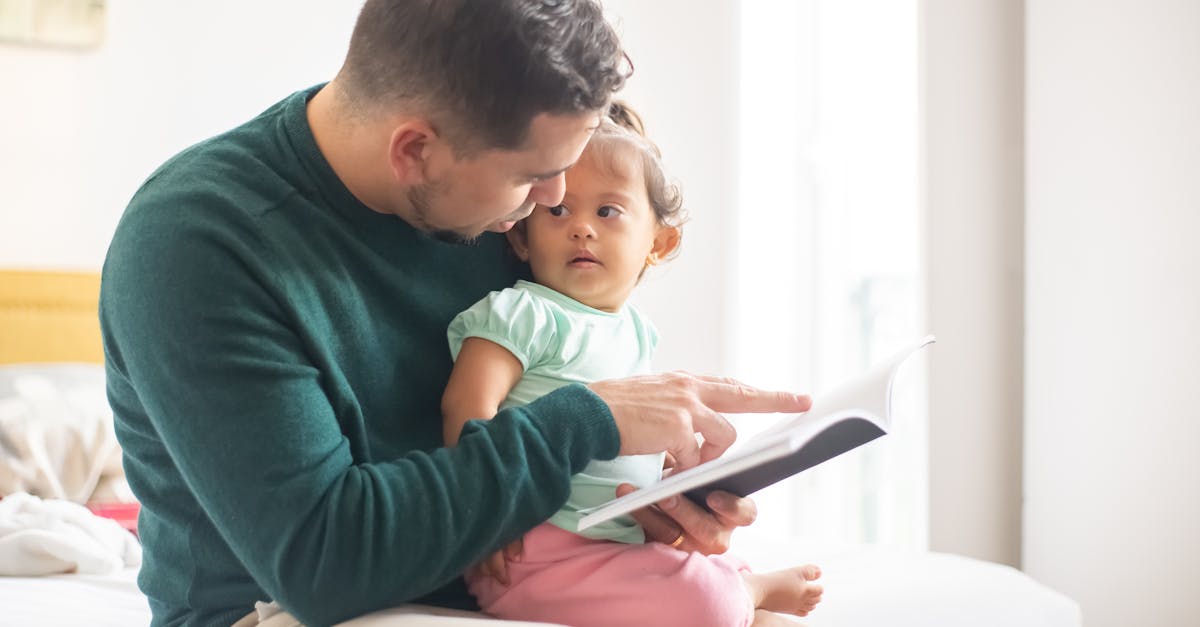Have you ever wondered what it takes to master the world of reading and literacy? Imagine transforming lives through the power of words, quite literally. A master’s degree in reading and literacy not only enhances one’s understanding of the written word but also equips educators and specialists with the tools to foster a love of reading in others. Whether you’re looking to elevate your career or ignite a passion for teaching, pursuing this degree could be the thrilling adventure you’ve been waiting for. Let’s jump into the details.
Table of Contents
ToggleUnderstanding Reading And Literacy

Reading and literacy aren’t just about understanding words on a page: they are foundational skills that shape individuals’ ability to engage with the world. Reading, in this context, refers to the process of decoding and comprehending written text, while literacy encompasses a broader skill set, including critical thinking and communication. As society becomes more reliant on technology, the definition of literacy is evolving, adapting to include digital literacy as well.
Educational theories, such as the Balanced Literacy Approach, emphasize the importance of integrating reading strategies with speaking and writing. This interconnectedness is vital for developing comprehensive literacy skills that enable learners to navigate various texts and contexts. In sum, mastering reading and literacy opens doors to deeper understanding, communication, and self-expression.
The Importance Of Reading And Literacy
The significance of reading and literacy in today’s society cannot be overstated. Effective literacy skills contribute to academic success and career advancement. They empower individuals to participate in their communities and engage critically with information. In a world inundated with media, discerning reliable sources becomes essential.
Without solid reading skills, people might struggle to understand essential life tasks, such as navigating healthcare information or grasping financial documents. Also, research reveals that early exposure to reading fosters lifelong habits, leading to a more informed citizenry. So, nurturing literacy is not just a personal benefit: it’s a societal need that paves the way for future generations.
Overview Of Masters Degree Programs
Pursuing a master’s degree in reading and literacy is an exciting challenge filled with opportunities for specialization. Programs typically focus on enhancing educators’ understanding of reading processes and literacy development methodologies.
Core Curriculum And Specializations
Most programs emphasize core areas such as language development, assessment techniques, and reading interventions. Students dive deep into topics like phonemic awareness and comprehension strategies, preparing them to tackle various literacy challenges. Specialization options abound, including bilingual education or special education, allowing professionals to tailor their studies to specific interests.
Capstone Projects And Practical Experience
Also, many institutions require capstone projects, providing a unique chance to apply theoretical knowledge in real-world settings. Practical experience through internships or fieldwork also enhances learning, ensuring graduates are ready to face the diverse challenges in reading and literacy instruction.
Admission Requirements And Application Process
For anyone considering a master’s degree in reading and literacy, understanding the admission requirements is crucial. Most institutions require candidates to hold a bachelor’s degree, preferably in education or a related field. Also, some programs may ask for teaching licensure or relevant work experience.
The application process often includes submitting transcripts, letters of recommendation, and a personal statement detailing one’s aspirations. These components help admissions committees gauge a candidate’s commitment to enhancing literacy education. It’s advisable for potential applicants to research different programs to find the right fit for their educational and professional goals.
Career Opportunities With A Masters In Reading And Literacy
Graduates with a master’s degree in reading and literacy enjoy a diverse array of career options. Many step into roles as reading specialists or literacy coaches, guiding educators to carry out effective teaching strategies. Others may find fulfilling careers as curriculum developers or education consultants, helping shape literacy programs at a broader level.
Also, positions in adult education, public libraries, and educational technology companies are viable avenues for those passionate about promoting literacy. With constant demand for skilled literacy professionals, graduates can feel confident that their expertise will be valued in the job market.






